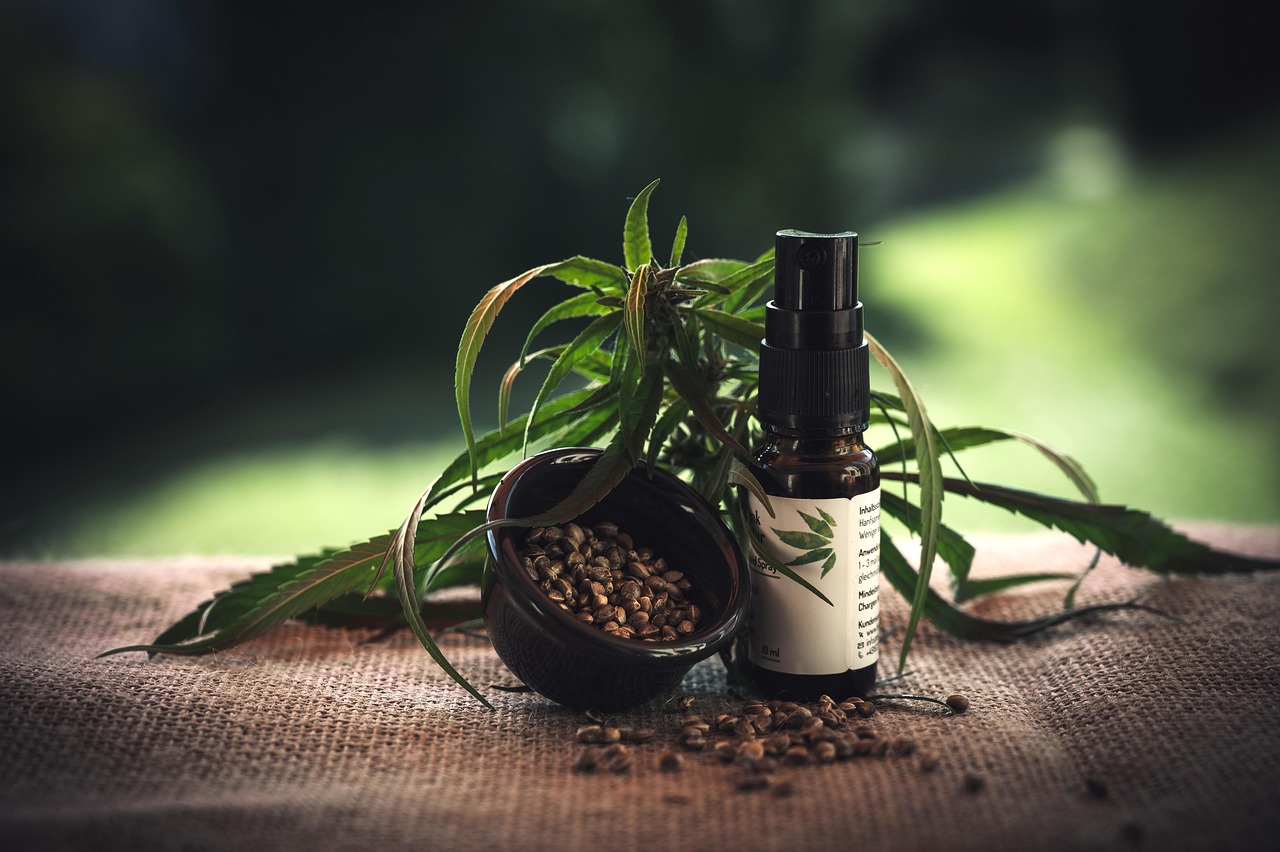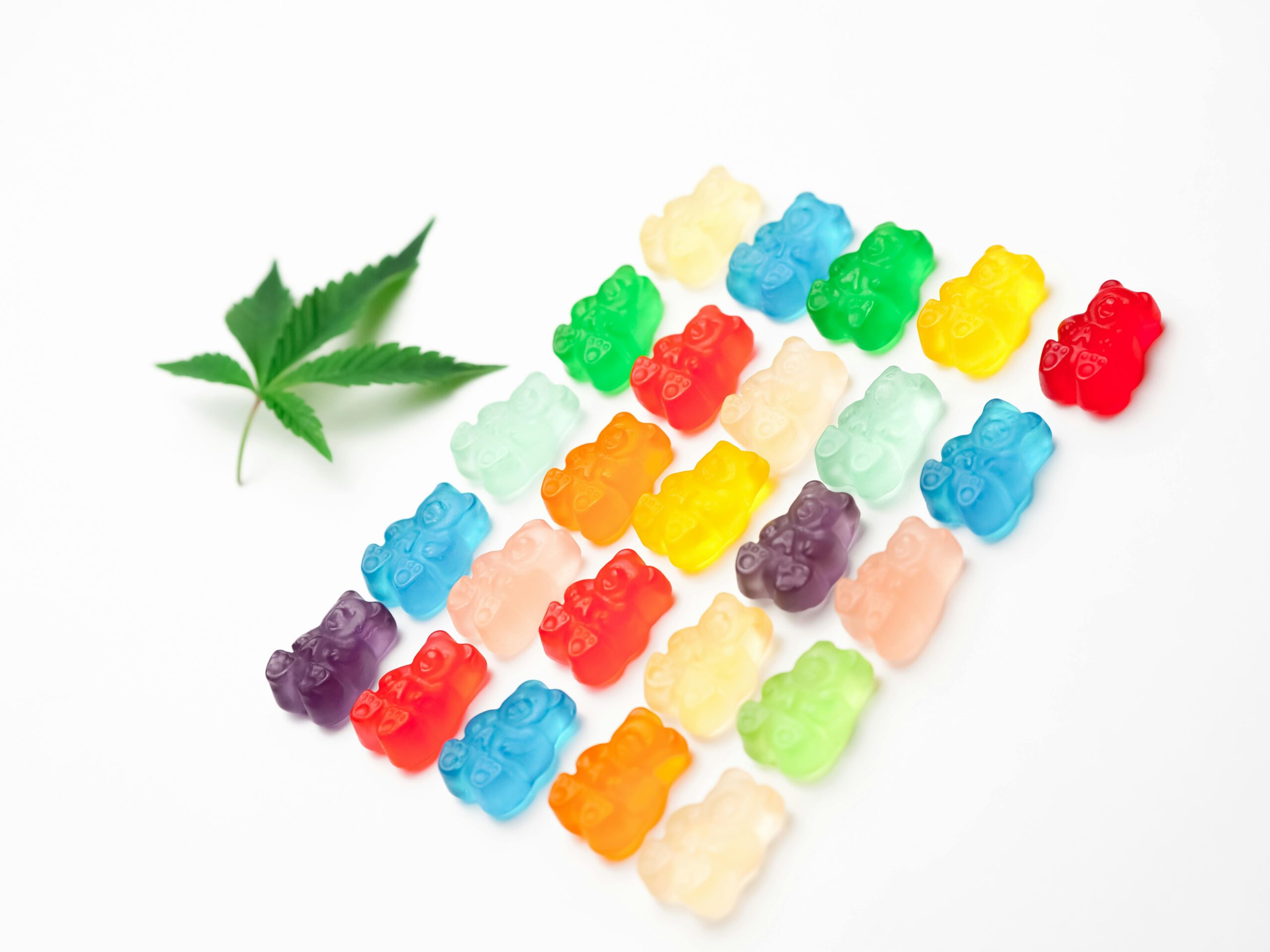Here is a short FAQ list about CBD legality in the UK and USA, based on the sources:
- What is CBD? CBD, short for Cannabidiol, is a naturally occurring compound found in the Cannabis plant. It is non-psychoactive, meaning it does not produce a “high”.
- Is CBD legal in the UK? Yes, CBD is legal to buy in the UK in 2024 provided that controlled cannabinoids such as tetrahydrocannabinol (THC) are limited to no more than 1 mg per container. CBD food and drink require a Novel Food authorization issued by the UK’s Food Standards Agency (FSA) since 2020. This applies to CBD oils, capsules, edibles, and other ingested products. The 0.2% THC figure often mentioned relates to subsidies for hemp cultivation and is not the legal limit for THC in finished CBD products. For end consumption, it is advised that products should contain no THC (or ‘not detected’) as verified by an accredited lab with a limit of detection of 0.0025%. CBD cosmetics are permitted, adhering to cosmetic regulations and the THC limit. CBD vapes are also permitted with the same THC limit and subject to non-nicotine vape product regulations. CBD flower is currently in transition regarding its legal status in the UK.
- Is CBD legal in the USA? Hemp-derived CBD products (with less than 0.3% THC) are legal on the federal level due to the 2018 Farm Bill. However, cannabis-derived CBD products (with more than 0.3% THC) are illegal on the federal level but may be legal under some state laws. You should check your state’s laws. The Food and Drug Administration (FDA) has not approved nonprescription CBD products, and they may be inaccurately labelled.
- What is the legal THC limit for CBD products in the UK? The legal THC limit in the UK for CBD products is no more than 1 mg per container.
- What is the legal THC limit for CBD products in the USA? The legal THC limit for hemp-derived CBD products in the USA is less than 0.3% THC on a dry weight basis. Products containing more than 0.3% THC are considered marijuana and are subject to different legal frameworks.



